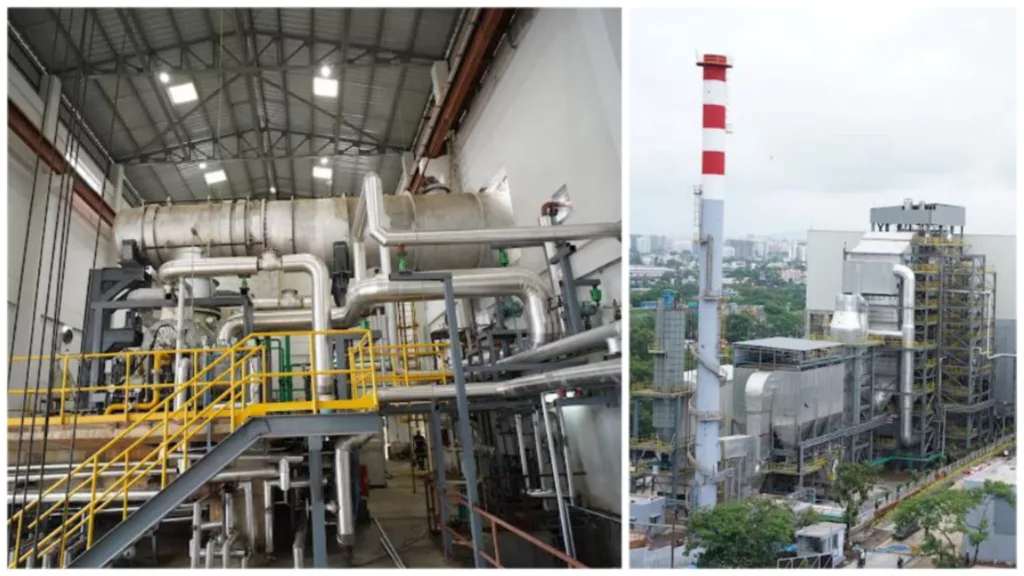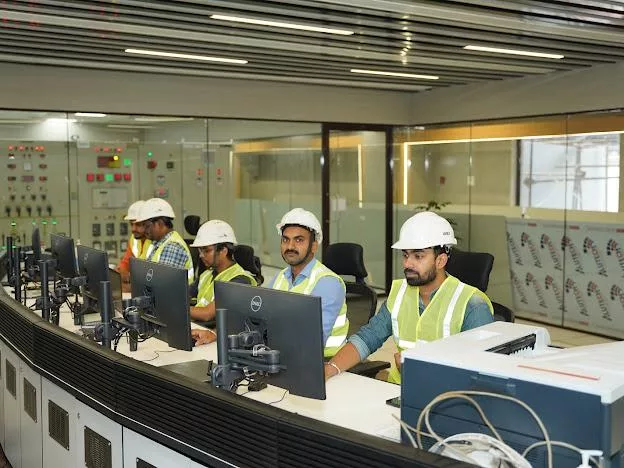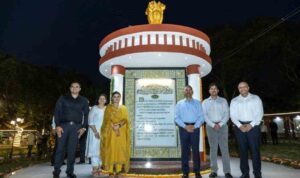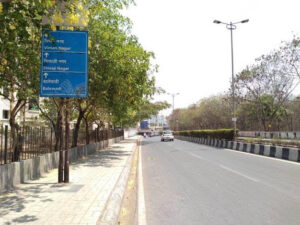PCMC generates upto 12 MW energy at its Moshi waste processing plant

PCMC generates upto 12 MW energy at its Moshi waste processing plant - Pune Pulse
Pimpri, 27 October 2023: Power generation at Waste to Energy plant at Moshi waste processing unit has reached capacity of 12 MW, which will be increased to 14 MW in the coming days.
The primary objective behind establishing this advanced facility was the scientific disposal of waste, addressing environmental concerns, and minimizing the ecological impact. By converting waste into electricity, the project not only ensures responsible waste management but also harnesses the potential for economic sustainability.

The electricity generated at the Moshi waste depot will be utilized across various PCMC installations, effectively reducing the municipality’s dependence on external sources for power. This energy self-reliance aligns perfectly with the Green Open Access Policy of the Government of India, which encourages the generation and utilization of green energy sources.
About 2.0 MW of electricity will be required to run the project and the rest of the electricity will be used for water treatment plants and sewage treatment plants of the municipality through open access. This project will be prepared considering the characteristics of the waste collected in the city and moving grate has been used to burn the waste at full capacity.
The project strictly adheres to the Solid Waste Management Regulations 2016, employing a Continuous Emission Monitoring System (CEMS) to monitor emissions. In terms of climate change mitigation, each tonne of incinerated MSW (Municipal solid waste) averts approximately -1982 kg of CO2 emissions, contributing to carbon emission savings of around 7 lakhs tonnes annually.
PCMC Commissioner Shekhar Singh said, “Not only are we scientifically disposing of waste, but we are also harnessing its energy potential to power our installations, leading to substantial savings in electricity bills. This initiative embodies our dedication to sustainability and aligns perfectly with the Green Open Access Policy of the Government of India. We are determined to continue on this path of innovation, ensuring a cleaner and more energy-efficient future for our community.”
Notably, in the city of Pimpri Chinchwad, about 1,150 tonnes of waste is processed daily. The waste to energy project aims to generate 14 megawatts of electricity from 700 tonnes of RDF (Refuse derived fuel). Out of that, 12 MW of generated electricity will be used by the Municipal Corporation. The project is under Public Private Partnership on DBOT basis and will be operated for a period of 21 years.
Box :
Grid synchronization achieved
With the grid synchronization of the 14 MW Waste to Energy plant, the Maharashtra State Electricity Distribution Company Limited (MSEDCL) has issued a plant commissioning certificate on October 6. As of October 17, the plant has generated a total of 22.88 lakh units of power.







